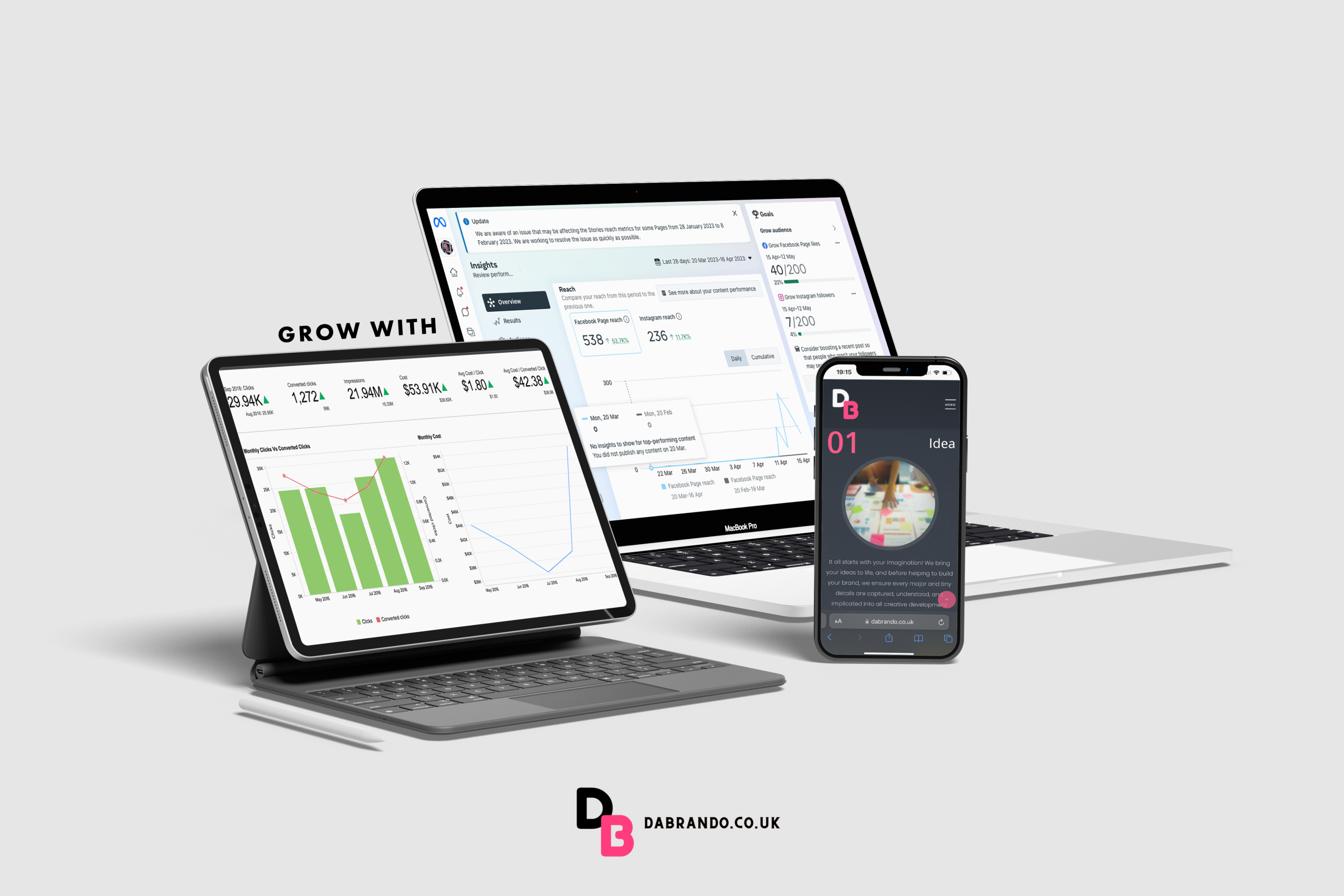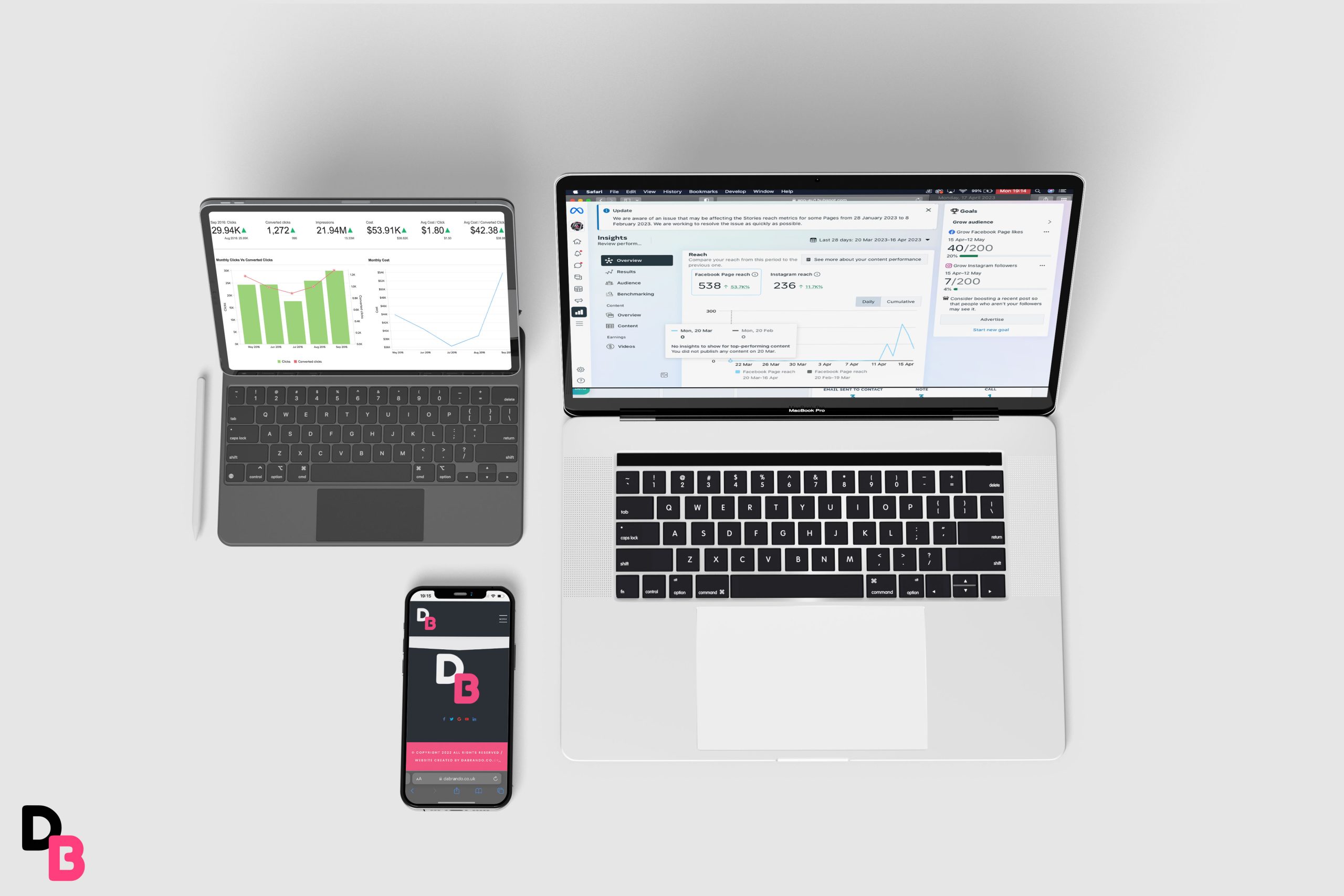How to Start a Business in the UK in 2025: A Step-by-Step Guide for Aspiring Entrepreneurs
When you start a business you will find it might just be one of the most exciting and rewarding things you ever do! With economic recovery well underway, digital tools more accessible than ever, and funding schemes in place to support new founders, the landscape is full of opportunity. But where do you begin?
Whether you’re thinking of launching a freelance consultancy, an e-commerce store, a tech startup, or something totally unique, this guide is here to walk you through every essential step—with real-world tips and links to UK-specific resources like the Start Up Loans scheme and Companies House. This isn’t theory—this is exactly what you need to know.
Let’s break it down.
1. Define Your Business Idea
Before you do anything else, ask yourself: What problem am I solving, and who am I solving it for?
This might sound basic, but clarity at this stage will guide every decision you make—from branding to funding.
If you’re still brainstorming, try this:
- Use Google Trends to see what people are searching for.
- Scan Reddit, Quora, or niche forums in your area of interest.
- Think about your personal skills and passions—where do they meet a market need?
Pro tip: Avoid getting stuck in “perfection mode.” Many successful businesses started messy but improved quickly by listening to customers.
2. Conduct Market Research
Market research is crucial, and in 2025, it’s easier than ever thanks to AI tools and free public datasets. Here’s what to focus on:
- Competitor analysis: Who else is doing what you want to do? Use tools like SimilarWeb, SEMrush, or just a bit of good old-fashioned Googling.
- Target audience: Who are your ideal customers? Build simple personas (age, income, goals, pain points).
- Pricing insights: Are your competitors undercharging or overcharging? This can give you an edge.
Free resource: Use the UK Government’s Business and Self-Employed Statistics for real, sector-specific data.
3. Choose a Legal Structure
Once you’re confident about your idea, you need to decide on your legal structure. In the UK, your main options are:
- Sole trader: Easiest to set up, but you’re personally liable for debts.
- Limited company: Offers liability protection and looks more professional. You’ll register with Companies House.
- Partnership: Ideal if you’re starting with someone else, but requires a clear agreement upfront.
Most new businesses start as sole traders or limited companies. You can register your limited company online at www.gov.uk/set-up-business for just £12.
Pro tip: If you plan to scale or raise funding, consider starting as a limited company from the outset.
4. Register for Taxes
As a business owner in the UK, you need to register with HMRC for tax purposes. This depends on your structure:
- Sole traders must register for Self Assessment.
- Limited companies must register for Corporation Tax.
- If your turnover is expected to exceed £90,000/year, you’ll need to register for VAT.
It’s a good idea to set up a business bank account early on, especially if you’re a limited company—it keeps things clean and professional.
5. Apply for the Start Up Loans Scheme
This is one of the most useful and underutilised schemes for new UK entrepreneurs.
What is it?
The Start Up Loans scheme, backed by the British Business Bank, offers:
- Up to £25,000 in funding per founder (up to £100,000 total for partnerships)
- Fixed 6% interest
- 1–5 year repayment terms
- Free mentoring for 12 months
You don’t need a proven trading history—just a solid business plan and creditworthiness.
Apply here: www.startuploans.co.uk
Pro tip: Your business plan and cash flow forecast will make or break your application. Tools like LivePlan or a free Dabrando consultation can help you polish your proposal.
6. Set Up Your Finances and Insurance
Staying on top of your finances is key from day one.
- Open a business bank account (Monzo, Starling, Tide, and Revolut offer great digital options).
- Set up accounting software (Xero, QuickBooks, or FreeAgent).
- Consider professional indemnity, public liability, or employers’ liability insurance depending on your business type.
Even if you’re solo, having the right cover gives peace of mind—and some contracts require it.
7. Build a Strong Online Presence
In 2025, if you’re not visible online, you don’t exist.
Here’s your essential digital checklist:
- Domain name: Buy one early, even if you’re not launching right away.
- Website: Use platforms like Webflow, Shopify, or WordPress—or hire a team like Dabrando to build a tailored, conversion-optimised site.
- Google Business Profile: Essential for local SEO and free visibility.
- Social media: Pick 1–2 platforms where your target audience hangs out (LinkedIn for B2B, Instagram/TikTok for lifestyle brands).
- Email marketing: Start collecting emails from day one. It’s still one of the highest ROI channels in digital marketing.
SEO tip: Make sure your website includes target keywords like “UK startup services,” “business help UK 2025,” and “how to start a company in the UK.”
8. Branding & Marketing
Your brand is more than a logo—it’s your business personality.
Work through the basics:
- Brand name: Easy to spell, say, and search.
- Visual identity: Choose a simple colour palette, font, and logo. (Tools like Canva can help DIYers.)
- Tone of voice: Friendly and fun? Corporate and confident? Choose a style and stick to it across your content.
When you’re ready, build a marketing plan. It doesn’t have to be complicated. Start with:
- A simple SEO blog strategy (like this one!)
- Paid social ads with a low daily budget
- Email newsletters
- Community engagement on LinkedIn or Reddit
At Dabrando, we specialise in launch-stage branding and marketing—so if you need help getting seen and heard, we’ve got your back.
9. Stay Compliant and Informed
There’s admin involved in running a business—no escaping it. But in the UK, most processes are digital and fairly painless if you stay on top of them.
Here are some things you’ll need to manage:
- Annual tax returns (Self Assessment or Corporation Tax)
- Annual accounts (if you’re a limited company)
- National Insurance contributions
- Pension auto-enrolment if you hire staff
- Data protection (GDPR) if you handle customer information
Bookmark the GOV.UK site. It’s surprisingly well-organised and kept up to date.
10. Keep Learning and Growing
No matter how strong your business plan is, you’ll learn 10x more once you actually start. The most successful founders don’t just hustle—they adapt.
Here are some great UK-based support networks to help you along the way:
- Enterprise Nation
- British Library Business & IP Centre
- Local Growth Hubs
- Startups.co.uk and UKTN for news and insights
- LinkedIn groups and communities
Consider getting a mentor, joining networking events, and investing in personal development. The UK’s startup scene is full of people willing to help—don’t be afraid to ask.
Final Thoughts
Starting a business in the UK in 2025 is challenging—but massively rewarding if done right. The systems are in place, the tools are accessible, and the support is out there. Whether you’re launching your dream product, freelancing on your own terms, or building a team from scratch, success comes down to one thing: action.
At Dabrando, we help new founders take those next steps—through branding, websites, digital strategy, and creative support that actually moves the needle.
Thinking about launching your business?
Let’s build something amazing together. Get in touch with us today.
📧 Need help with marketing business? We only charge based on the results we bring clients, no retainers, no hidden fees!
Contact us today at grow@dabrando.co.uk or explore our services to learn more, or Book A Free Discover Call to get started today!





